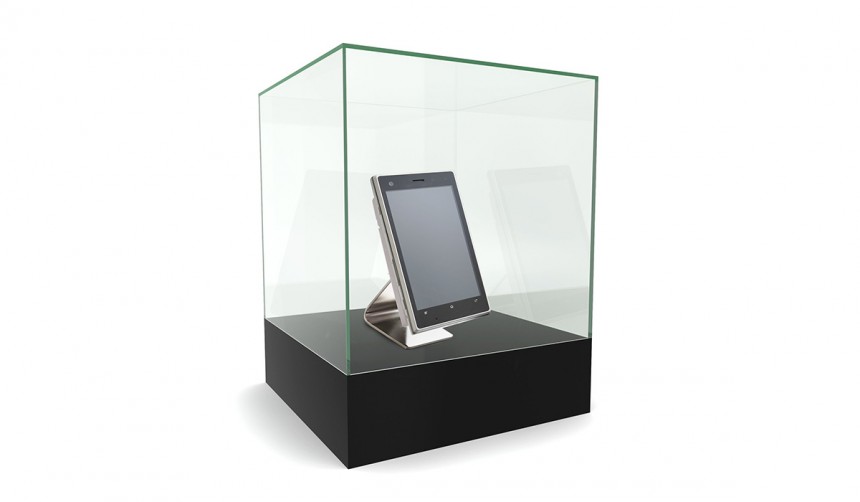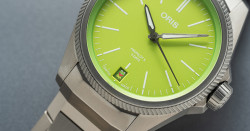
October 8, 2015
Small Print: October 8, 2015
Snug space stations, dated digitals, transaction transparencies, and more ...
“I have to thank my parents and environment during my childhood for giving me a strong body”
—Chunichi Dragons’ player-manager Motonobu Tanishige, who set an NPB record by playing in his 3,018th game
GLAD TO HEAR IT
- Japanese astronaut Kimiya Yui described accommodations aboard the International Space Station as “comfortable.”
- Curators at the National Museum of Nature and Science in Ueno added 25 items to their list of “historical Japanese technologies.”
- Among them are an 8-bit NEC computer, the world’s first industrial LaserDisc player, and Sony’s robot dog Aibo.
WHATEVER FLOATS YOUR BOAT
- Farmers in Saitama set a world record by using different-colored rice plants to create a gigantic artwork measuring 165 meters wide by 180 meters long.
- The paddy art, which depicts a girl in traditional attire and a boy in a spacesuit, is called “Mirai e tsunagu inishie no kiseki” (“Trajectory from Ancient Times to the Future”).
- A newspaper exposé found that the principal of a private school in Saitama spent ¥17 million of company funds on personal visits to the U.S., including trips to Disney World, Yosemite National Park, and “at least one Las Vegas casino.”
- Officials at the industry ministry are working with manufacturers on a standardization scheme for industrial robots. The goal is to simplify and reduce the cost of mass-producing the machines.
STATS
- 1,195: Train stations in western Japan that have banned the use of selfie sticks
- ¥1.5 billion: Losses suffered by Japanese banks during the first six months of 2015 due to “online scams”
- ~13,000: Listings on Airbnb in Japan, a 300-percent jump since last year
HEY, WAIT A MINUTE
- Diet lawmakers passed legislation that will allow the government to access the bank deposit data of everyone in the country, starting in 2018.
- Cabinet officials plan to boost the number of Japan’s information-gathering satellites from four to eight.
- The transport ministry says it knows of at least five serious accidents caused by elevators that move even though a string or other thin item is stuck in the doors.
- Authorities at the National Policy Agency say the number of child abuse victims reported between January and June was highest ever for a comparable period.
C’MON IN!
- More than 140 women involved in business and politics gathered in Tokyo to take part in an international conference on female empowerment.
- Among the items on the agenda were education initiatives and “greater support for single mothers.”
- The Supreme Court ruled that officials in Osaka must provide medical assistance to A-bomb survivors living overseas.
- The nuclear-powered aircraft carrier USS Ronald Reagan is on its way to Japan for a deployment at Yokosuka Naval Base.
AND FINALLY…
- An explosion that ripped through an aluminum processing facility in Kitakyushu was so strong it blew out windows in neighboring buildings, but none of the six employees inside were harmed.
- It was reported that an increasing number of banks—mainly in rural areas—are providing low-interest loans for people demolishing unoccupied houses on their property.
- A San Francisco-based science institute awarded a prize worth $150,000 to Japanese researcher Masayo Takahashi, who in September 2014 conducted the world’s first clinical trial using iPS cells in humans.
- Bottom Story of the Week: “Crab Pots Damaged by Sharks off Hokkaido” (via The Mainichi)
Compiled from reports by AP, Japan Today, The Japan Times, Jiji, The Tokyo Reporter, The Mainichi, The Japan News, AFP, Reuters and Kyodo.







